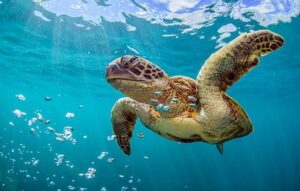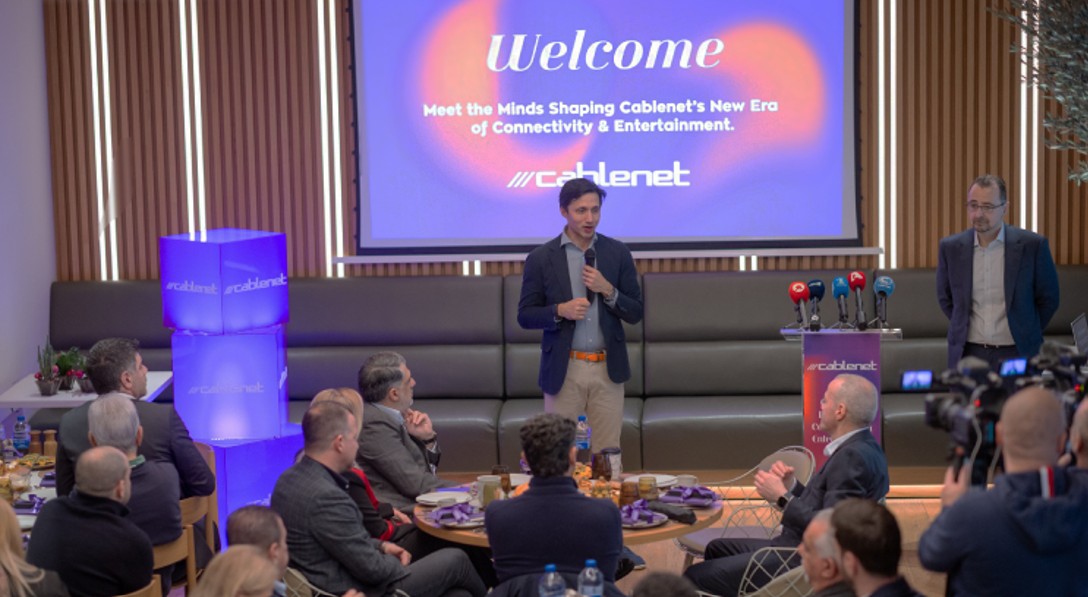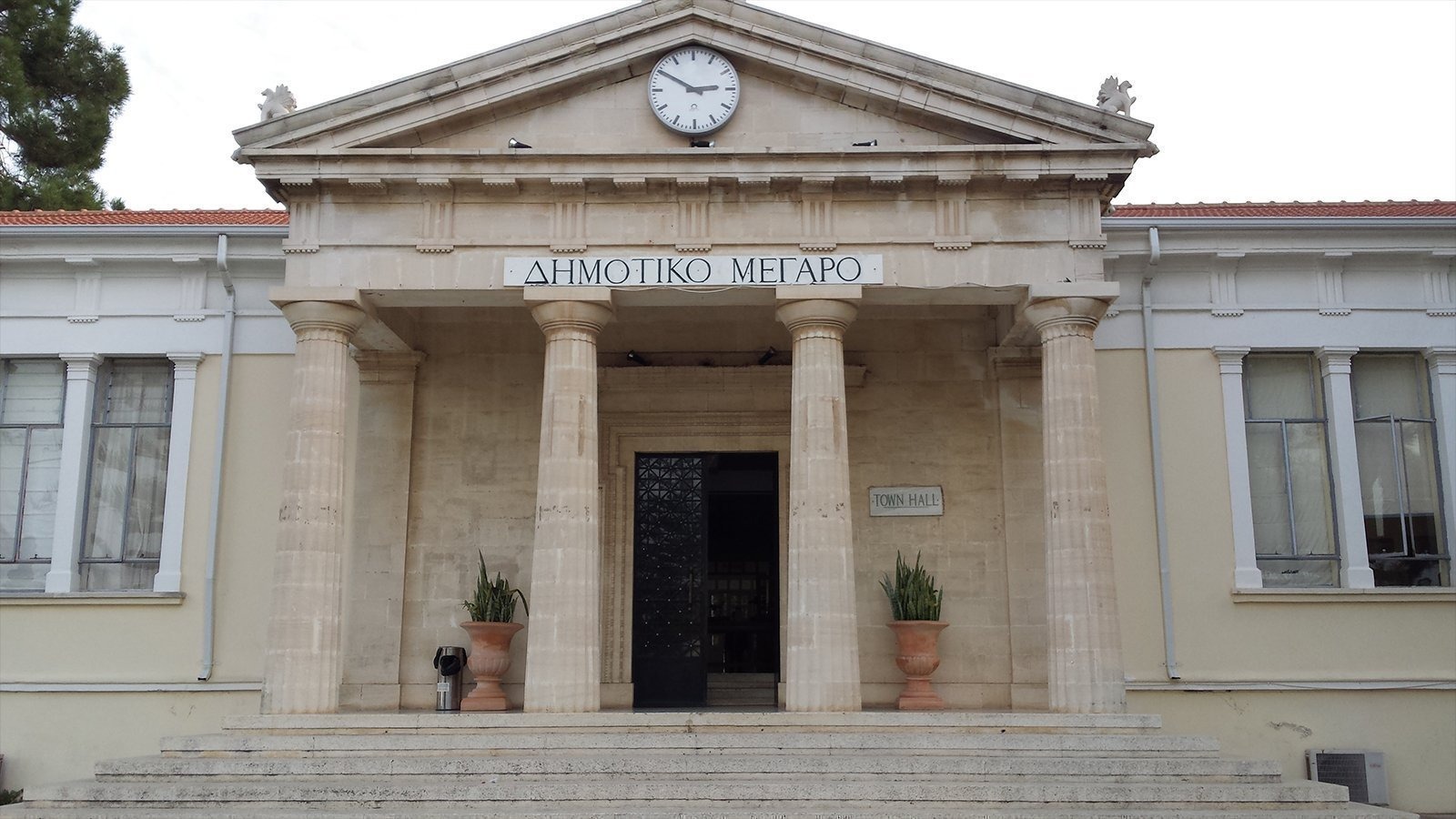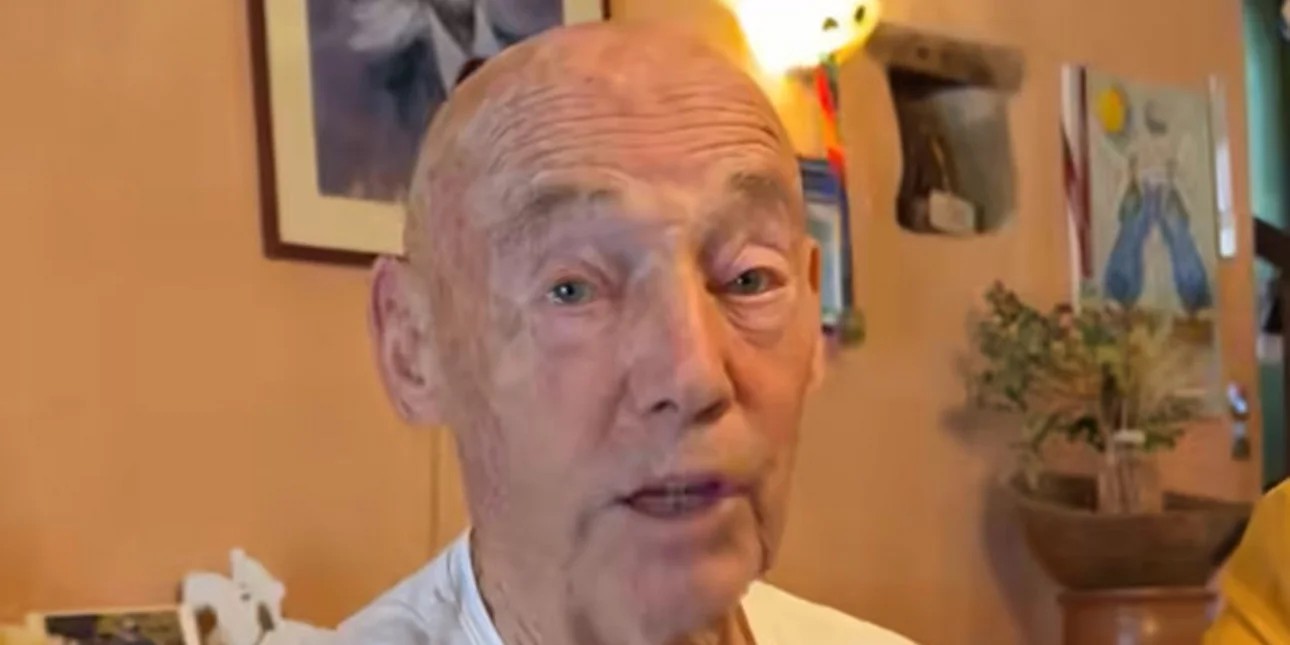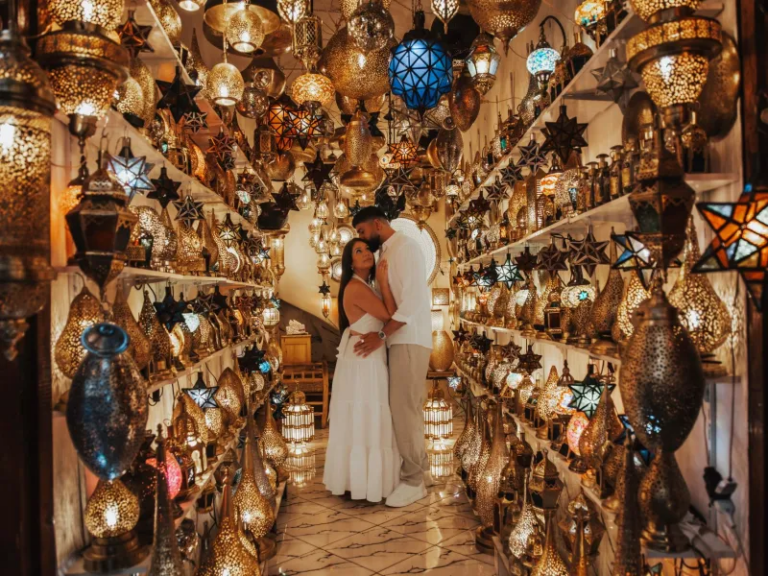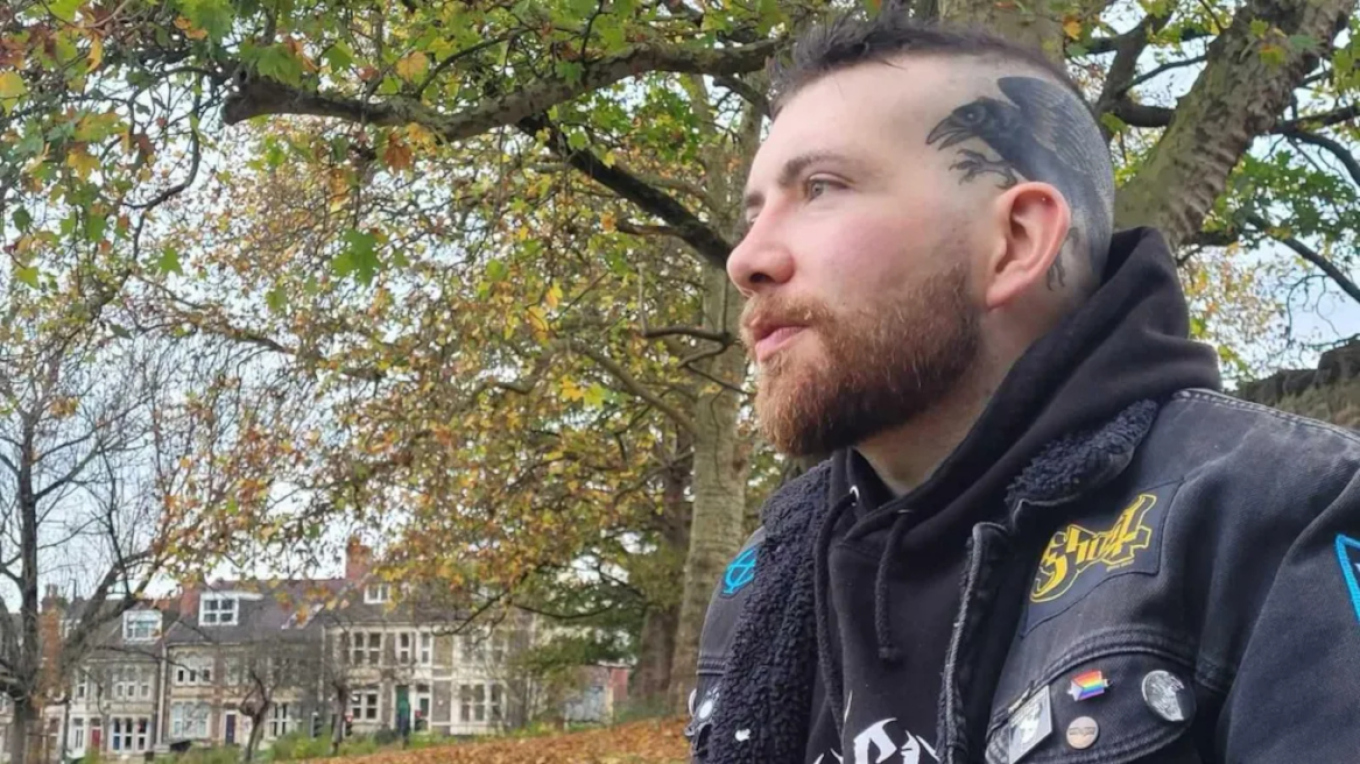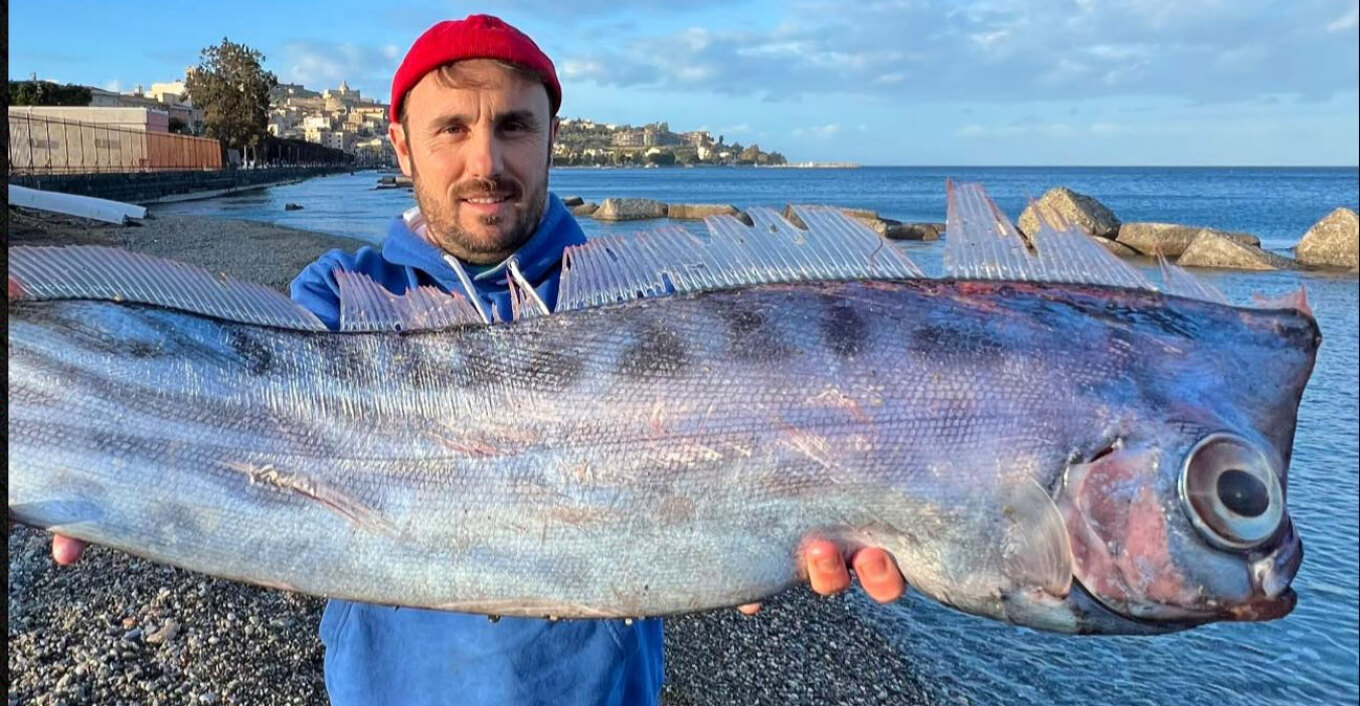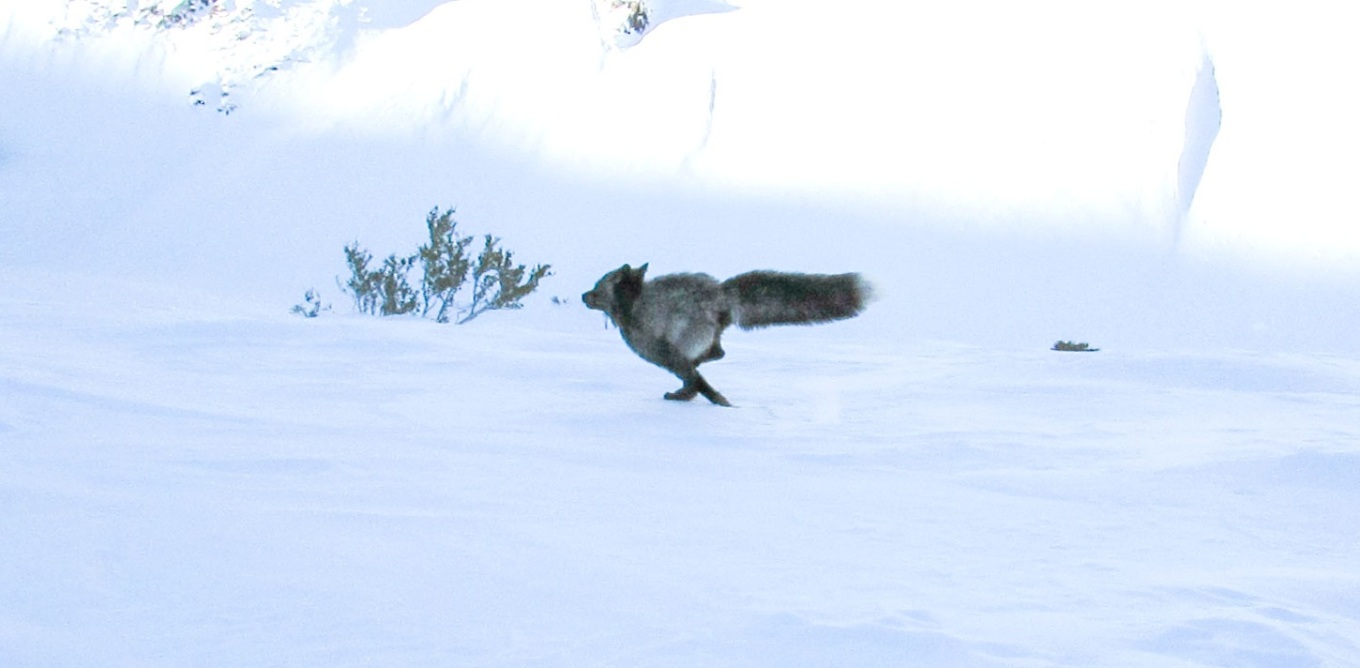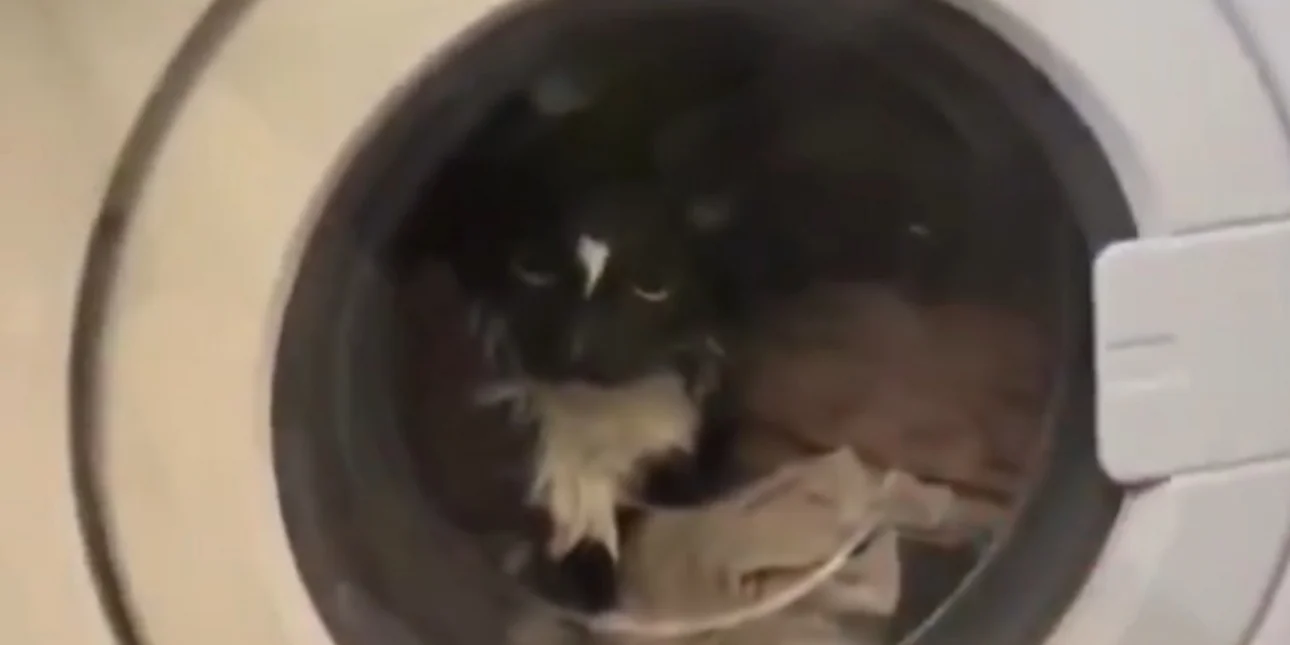On the occasion of World Wild Life Day that is celebrated annually on March 3, the European Commission has highlighted the work being carried out in Cyprus and three other EU countries to protect sea turtles.
It notes that in the Mediterranean and Adriatic Seas, sea turtles play a vital role in marine eco systems. They help maintain healthy sea grass beds and transport essential nutrients to the shore.
These majestic creatures have always been vulnerable to predators but today the threats come in the form of fish nets, boat propellers and pollution.
Researchers, NGOs and volunteers across Europe are working hard to protect sea turtles. Together they monitor and raise awareness about sea turtle populations and intervene when they are in danger.
Four ‘local heroes’ are quoted on the site, including Cypriot Andreas Demetropoulos who during his tenure of director of fisheries spearheaded Cyprus’ successful turtle preservation programme.
Now director of the Cyprus Wildlife Society he says: My interest in sea turtles started back in the 1970s. It was love at first sight! Our project started off with a small team, the first of its kind in the Mediterranean. I think turtle conservation is important, and is a key part of the global efforts to conserve biodiversity.”
Also featured are Eirini Kasimati, ARCHELON – Sea Turtle Protection Society of Greece who says: “There is a phone number people can call when an injured turtle is found – we’re on the line 24/7.”
“The turtle is brought here to the rescue centre by bus, ferry or sometimes even by plane.”
Croatia’s Dr Drasko Holcer of the Croatian Natural History Museum says: “The northern Adriatic is a key feeding area for sea turtles. With EU support, we are finding ways to use LED lights as a tool to mitigate sea turtle capture in fishing nets. We want to promote this technology among fishermen, along with other conservation measures in the area.”
And Paolo Casale of the University of Pisa in Italy says: “We monitor sea turtles at feeding and nesting areas along Europe’s coasts. EU financial support really helped us study a species that is essential to the marine ecosystem. No other project on this issue truly unites researchers from different European countries in this way.”
The EU’s turtle programme ‘Life Euroturtles’ is a joint effort to secure the future of sea turtles in the East Mediterranean (involving six EU countries – Italy, Malta, Slovenia, Croatia, Greece, Cyprus), led by the Croatian Natural History Museum and supported by organisations like ARCHELON.
132,000 sea turtles caught up in fishing nets in the Mediterranean sea each year.
The EU has co-funded 120 projects, mobilising €320 million funds, on the health of our seas and oceans. With funding from the EU, the International Union for Conservation of Nature has drawn up a European Red List of endangered European species so that appropriate conservation action can be taken to improve their status.

